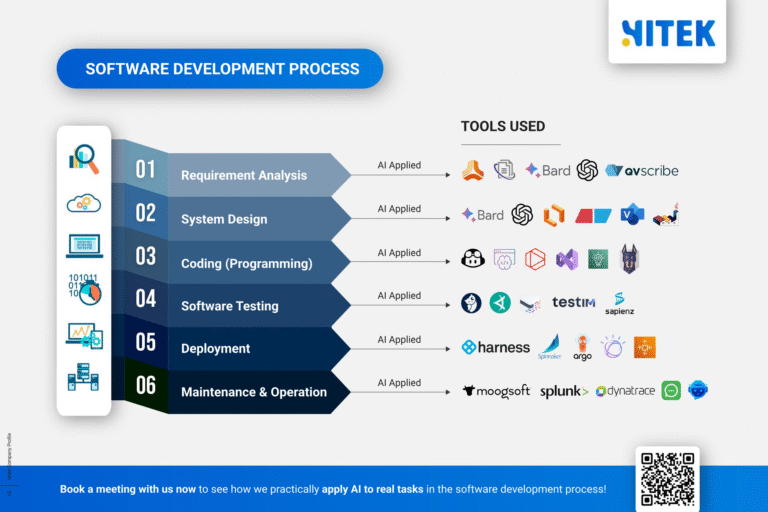When managing finances, Australian businesses often grapple with categorizing expenses correctly. One area that frequently sparks debate is software development. Is it a capital expenditure (Capex) or an operational expenditure (Opex)? The answer isn’t always straightforward, and getting it wrong can have significant implications for your financial reporting, tax obligations, and cash flow management.
In this article, we’ll break down the differences between Capex and Opex, explore how software development fits into these categories, and provide actionable insights for Australian businesses. Whether you’re a startup founder, a CFO, or a tech enthusiast, this guide will help you navigate this complex topic confidently.
Contents
ToggleUnderstanding Capex and Opex
Before diving into software development, let’s clarify the key differences between Capex and Opex:
| Aspect | Capex | Opex |
|---|---|---|
| Definition | Funds used to acquire or upgrade physical assets | Day-to-day expenses required to run a business |
| Examples | Purchasing machinery, building renovations | Rent, utilities, salaries, software subscriptions |
| Accounting Treatment | Capitalized and depreciated over time | Expensed in the year, they are incurred |
| Tax Implications | Deducted over several years through depreciation | Fully deductible in the year they are incurred |
Understanding these distinctions is crucial for making informed financial decisions. But where does software development fit in?
Software Development: Capex or Opex?
The classification of software development costs depends on the nature of the project and its intended use. Here’s a breakdown:
When Software Development is Capex
Software development is typically classified as Capex when it creates a long-term asset that provides ongoing value to the business. Examples include:
- Custom Software Development: Building a proprietary platform or application tailored to your business needs.
- Major Upgrades: Significant enhancements to existing software that extend its functionality or lifespan.
- Internal Use Software: Tools developed for internal operations, such as inventory management systems or customer relationship management (CRM) platforms.
In these cases, the costs are capitalized and amortized over the software’s useful life, often ranging from 3 to 5 years. This approach aligns with the Australian Accounting Standards Board’s (AASB) guidelines, which require capitalizing costs that meet specific criteria.
When Software Development is Opex
On the other hand, software development costs are treated as Opex when incurred for maintenance, minor updates, or operational support. Examples include:
- Bug Fixes and Patches: Addressing issues or vulnerabilities in existing software.
- Routine Updates: Implementing minor feature enhancements or compatibility improvements.
- Subscription-Based Software: Costs associated with SaaS (Software as a Service) platforms are typically expensed as incurred.
These expenses are fully deductible in the year they are incurred, providing immediate tax benefits.
Why This Matters for Australian Businesses
Misclassifying software development costs can lead to financial and regulatory complications. For instance:
- Tax Implications: The Australian Taxation Office (ATO) can penalize those who incorrectly categorize Capex as Opex (or vice versa).
- Cash Flow Management: Capex requires an upfront investment, while Opex impacts short-term cash flow. Understanding the difference helps businesses plan their budgets effectively.
- Financial Reporting: Accurate classification ensures compliance with accounting standards and clarifies your business’s economic health.
Practical Tips for Australian Businesses
- Consult Your Accountant: Given the complexity of accounting standards, seeking professional advice is wise. A qualified accountant can help you determine the appropriate classification for your software development projects.
- Document Everything: Maintain detailed records of your software development activities, including project scope, costs, and intended use. This documentation will support your classification decisions during audits.
- Stay Updated on ATO Guidelines: The ATO regularly updates its guidance on software development costs. Monitor these changes to ensure compliance.
The Future of Software Development Costs
As technology evolves, so do the rules around software development costs. For example, the rise of cloud computing and SaaS platforms has blurred the lines between Capex and Opex. Many businesses now prefer Opex models for flexibility and scalability, but Capex remains relevant for long-term investments.
Final Thoughts
So, is software development Capex or Opex? The answer depends on the specifics of your project. By understanding the differences and seeking professional guidance, Australian businesses can make informed decisions that align with their financial goals and regulatory requirements.
If you’re unsure how to classify your software development costs, don’t hesitate to contact a trusted accountant or financial advisor. After all, getting it right today can save you headaches—and dollars—down the road.
Need help navigating the complexities of software development costs? Contact us today to schedule a consultation with one of our financial experts. Let’s ensure your business stays compliant and financially savvy.
Disclaimer: This article is for informational purposes only and does not constitute financial or legal advice. Always consult a qualified professional for guidance tailored to your specific circumstances.









